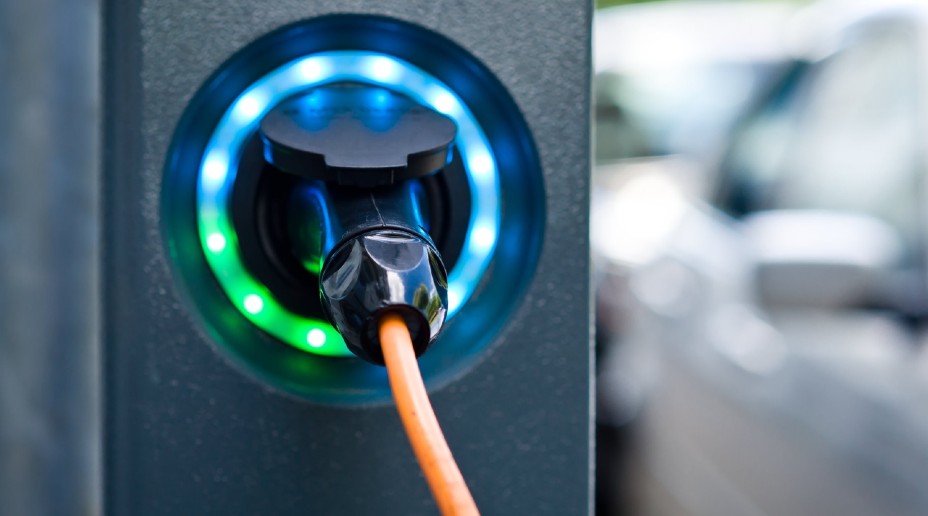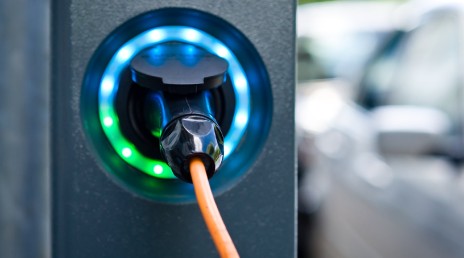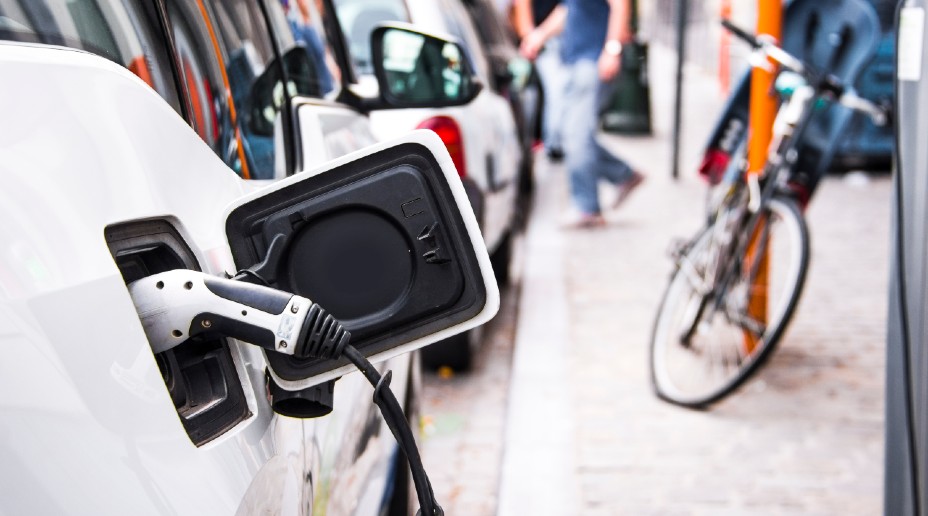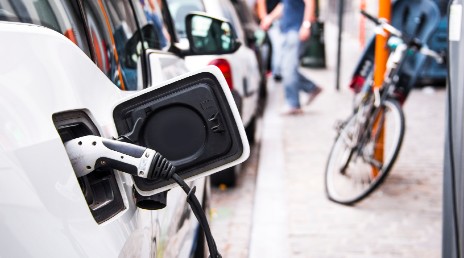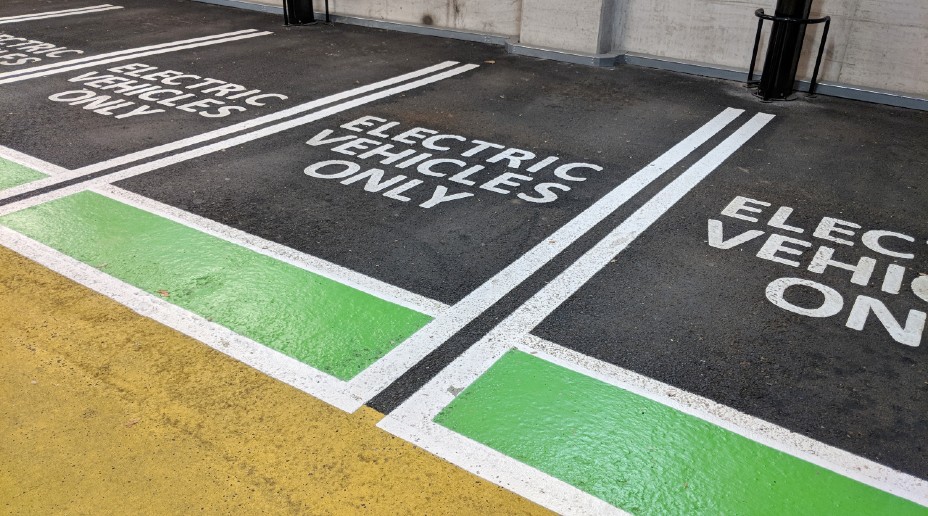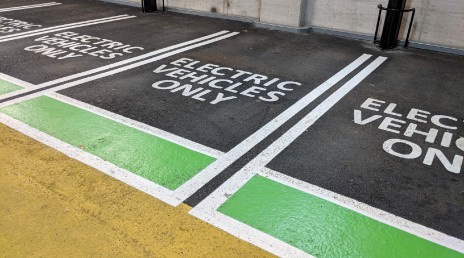5G will fundamentally change the world we live in. Boasting record speeds, increased capacity and improved network efficiency, 5G is the new generation of wireless technology.
Greater capacity
5G is set to streamline the internet of things (IoT) for consumers, meaning everything around us that can, will most likely connect to a network. Couple this with the ability for a greater capacity for data, and evidence suggests 5G will become game changing.
5G is set to enable smart cities and pave the way for connected cars. Transport networks and other public bodies could use it to improve public services, such as parking and street lighting. In the insurance space, companies could even use the technology for loss adjusters to tour damaged property and inspect vehicles remotely, capitalising on better quality video feeds.2
Connected cars
The 5G in Automotive and Smart Transportation Report, produced by ABI research4 predicts that globally, there will be 41 million 5G connected cars on the road by 2030, rising to 83 million by 2035. It also claims that by using 5G in vehicles, fuel consumption can be reduced by one third. This could help the country's ambition to reduce emissions to zero by 2050.
5G will give rise to greater opportunities to collect data from the vehicle, such as vehicle location, driver behaviours, engine diagnostics and weather conditions – all directly from the vehicle. In-vehicle infotainment will also be a possibility, particularly if the vehicle is fully automated.
We should find that roads become safer due to real-time alerts on driving hazards and road conditions, such as closures, up ahead. Smart motorways will potentially be able to work alongside connected vehicles to improve the flow of information to the driver. The sharing of sensor data between vehicles and the highway infrastructure of the future will likely help to create a safer driving environment for all road users. Analytics company Gartner forecasts that by 2023, the automotive industry will be the largest market opportunity for 5G IoT solutions.5 When you combine this with data analytics, machine learning and artificial intelligence – this brings many opportunities for mobility in the near and distant future.

IoT and security
With the increased amount of data and third parties involved in IoT devices, 5G poses an elevated security threat. This is partly because there are more ways through which vehicles can be attacked. It’s likely to bring some challenges with regard to protecting customer data and privacy. Constantly connected IoT technology, such as cars connecting to the cloud, will transmit large volumes of data – a temptation for cyber criminals. Examples of such exposure already exist, for example when ethical hackers managed to exploit a vulnerability in the in-car web browser and take control of the infotainment system.6
In October 2018, the Code of Practice for Consumer Internet of Things (IoT) Security was published by the Government. The aim is to ensure IoT devices are built to operate securely and that data is protected. Security doesn’t fundamentally change with 5G, however, the breadth and depth of it does and connected cars and other IoT devices will push its boundaries.



